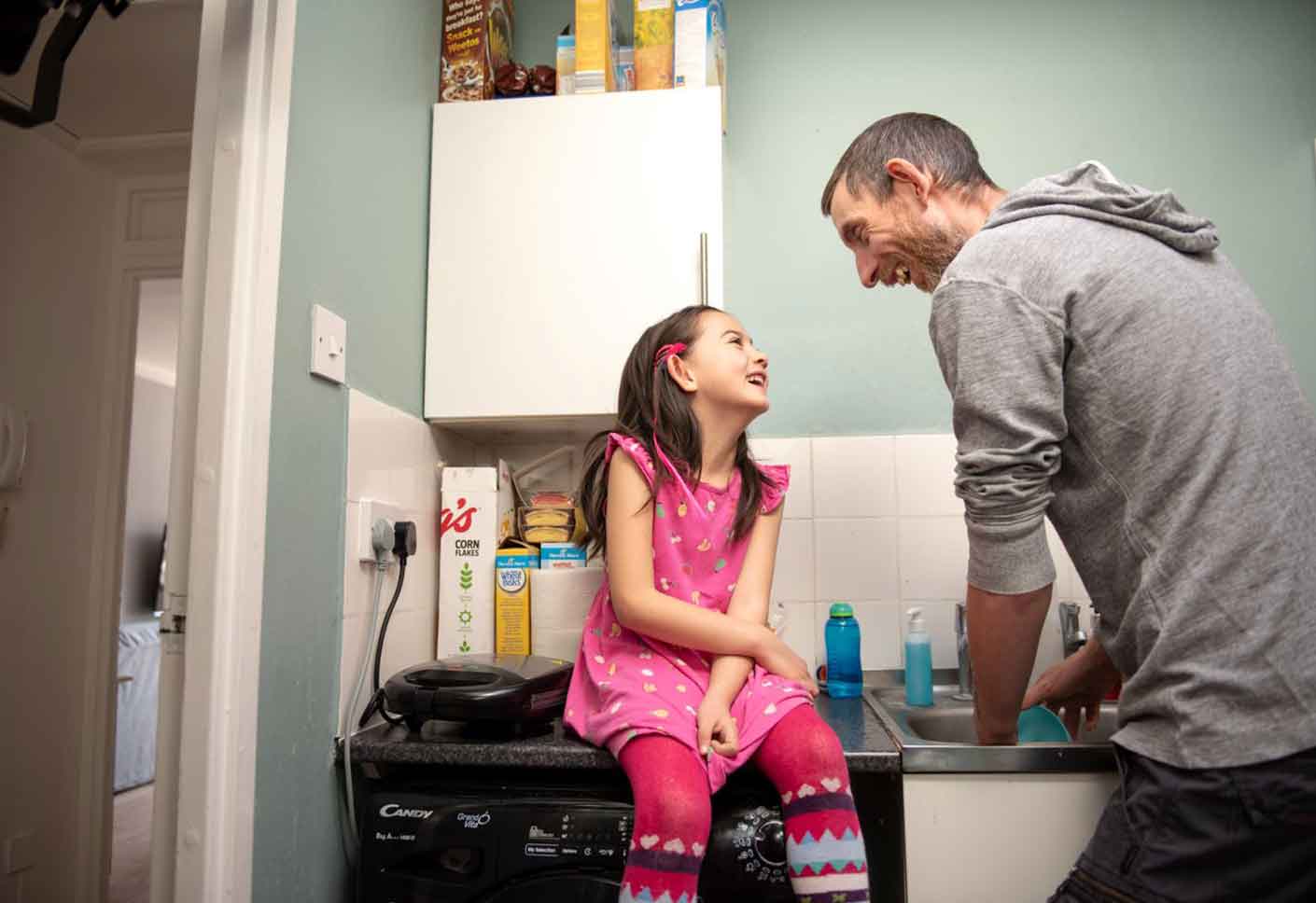Challenging health and disability benefit cuts

In March, the government published a Green Paper and consultation to set out their proposed changes to health and disability benefits.
The aim of the Pathways to Work Green Paper was to increase employment among people who receive health and disability benefits. However, the government’s proposal also included deep, harmful cuts that would increase hardship, not employment.
We agree with the government that our social security system needs to change - currently it is exhausting and scary to navigate, and leaves people going without essentials. And the government is right to be investing in employment support and providing the right to try work because we know most people who can work, want to work. But cutting critical support from those who need it makes absolutely no sense.
Thanks to all of us speaking up, we protected vital support for disabled people. The government removed plans to tighten eligibility for Personal Independence Payment (PIP). A huge thank you to everyone who joined us in speaking up for a social security system we can all be proud of.
However, plans to reduce support via Universal Credit (UC) for people unable to work by over £200 a month went ahead in the Universal Credit Bill. This is so disappointing, but we know that together we are powerful. We showed the government they must listen once. And we can do it again.
How did we challenge the cuts together?
It is right that our social security system protects us when we face hard times, enables disabled people to live independently and supports those who can work into employment.
We urged the government to work with us and people with experience of navigating the system to rebuild a public service that we can all trust and be proud of.
- Over 3000 of you used our online tool to ask your MP to oppose the cuts.
- We met with MPs to discuss how they can make sure all parts of the system protect people from financial insecurity, and to encourage them to use our new 'talking about social security' guides to avoid fuelling misconceptions and stigma.
- We worked with other organisations including the Disability Benefits Consortium Working Group to add our name to open letters, create briefings and present a unified front that shows the government we will not let harmful cuts go unchallenged.
- We worked with people with lived experience of the social security system to understand the impact the cuts will have on them and create our response to the Green Paper.
What does the Universal Credit Bill mean for me?
Changes to UC
- From April 2026, the UC health element for new claimants will be cut by up to 50%. This is a loss of £3000 of support per year for those affected.
- The rate of UC for existing claimants, and the equivalent payments in Employment and Support Allowance (ESA) will be frozen until 2030. This is a loss of £500 per year for those affected.
- From April 2026, some new claimants with lifelong conditions could get a higher health element. These are known as Severe Conditions Criteria claimants. For these claimants, the health element will be worth around £423. It will also go up with inflation for these claimants. The DWP estimates this will affect 84,000 people by 2030, around 10% of new claims for the UC health element.
- Disabled young people will be able to receive Disability Living Allowance (DLA) until the age of 18. But from April 2026 they will not qualify for the health element of UC until they reach 22.
- The standard allowance for UC will go up more than inflation every year until 2029 / 2030. This means that single claimants who are aged 25 or over will receive £725 a year more by 2029 / 2030.
- The Work Capability Assessment (WCA) will be scrapped in 2028. Instead, the PIP assessment will be used to decide if claimants receive extra financial support for health conditions in UC.
Employment support
- The government has announced a £1 billion employment support package to help disabled and long-term sick people back into work. It is consulting on exactly what this would look like, but it would include introducing a ‘support conversation’ to explore people’s goals and aspirations and help them to access the right support.
- A ‘right to try’ will be introduced, so if someone attempts to return to work but has to stop within six months, they would be allowed to return to their previous payments without needing a reassessment or award review.
What’s next?
To build a system we can all trust, the government now needs to review the whole system and really listen to disabled people and organisations like ours.
We will keep working with you and the government, to make sure our voices are heard. Because in a country as wealthy as ours, sickness should never mean hunger or eviction.
In the meantime, we’re here for you. We know the last couple of months have been hard and confusing. We want to reassure you that our tools and information will always be current and up to date, and you can have confidence in using them.

Check benefit entitlement
Check which means-tested benefits you may be entitled to.
Benefits Calculator
Turn2us PIP Helper
Learn how to manage each stage of your PIP application process.
Use the PIP Helper
Use the Turn2us Grants Search
Look for funds that might be able to give you a grant and/or other types of help.
Use the Grants SearchInformation for your Situation
Find out what financial help you can get based on your situation, for example, if you are disabled.
Choose your situationFind an adviser
Our find an advisor tool allows you to search for local, regional and national information and advice centres near you.
Find an adviserHow can I stay involved?
To be the first to find out more about our campaigning work and how you can get involved sign up to receive emails from us.
